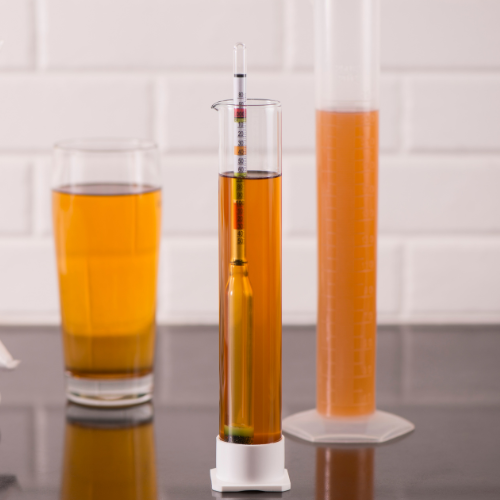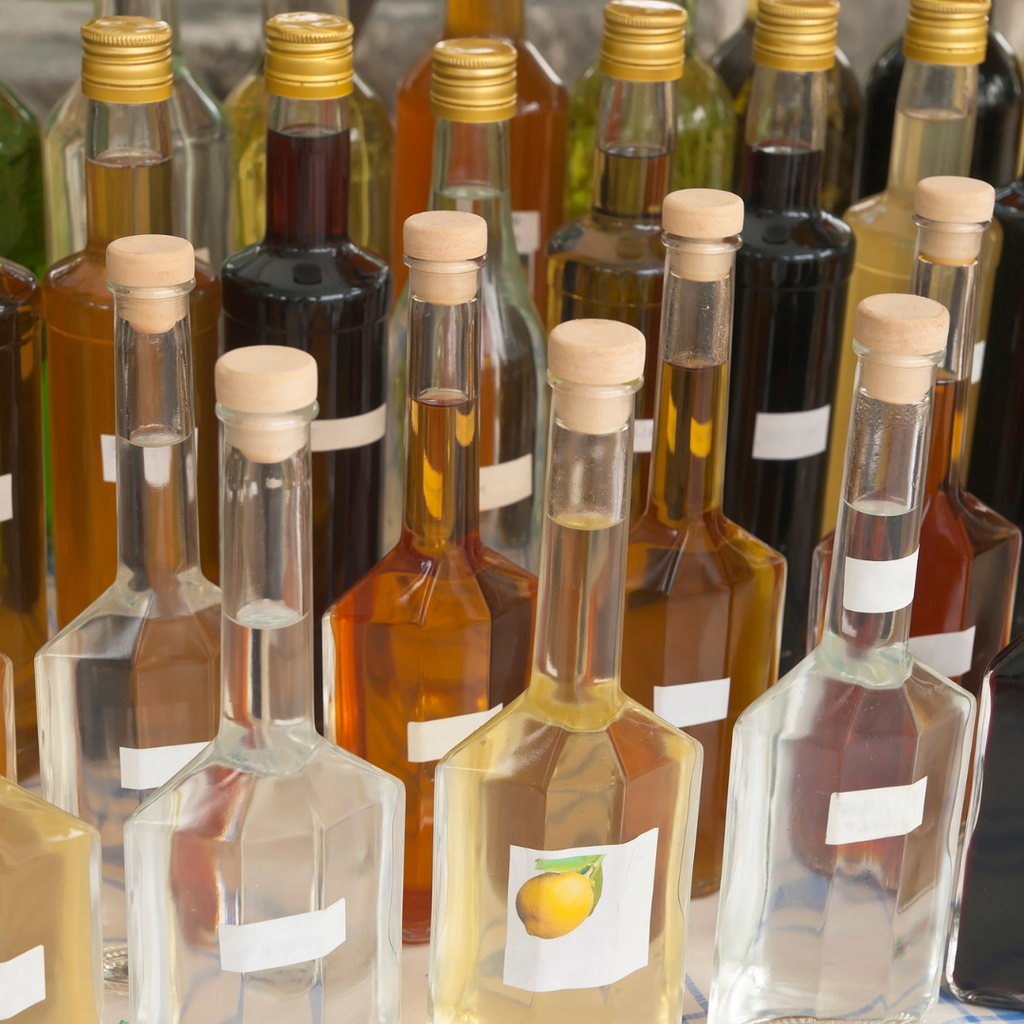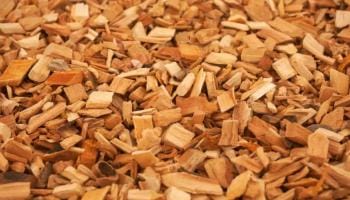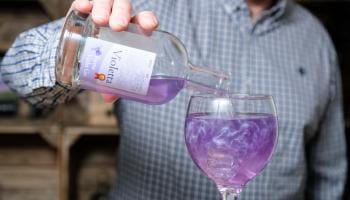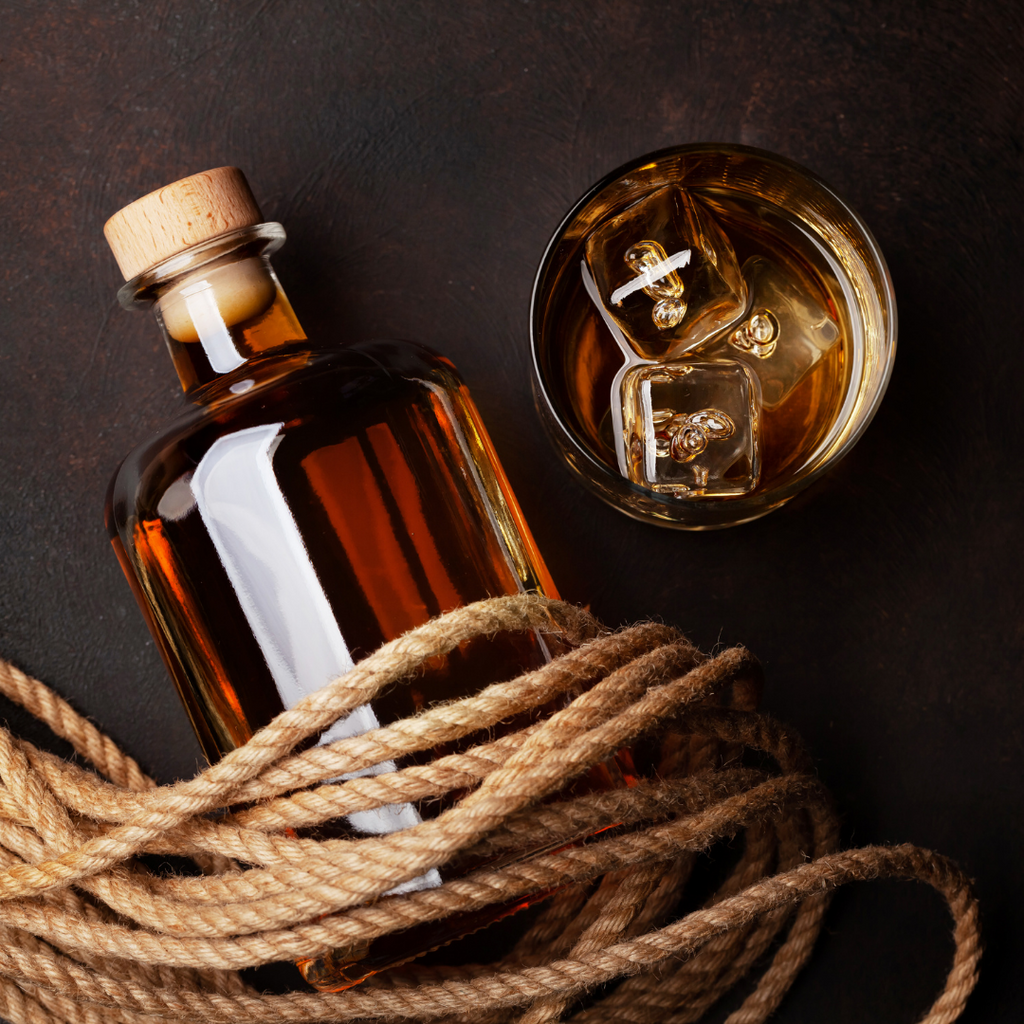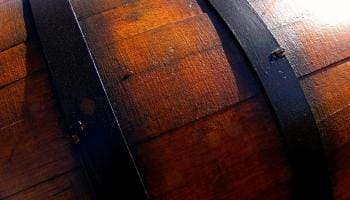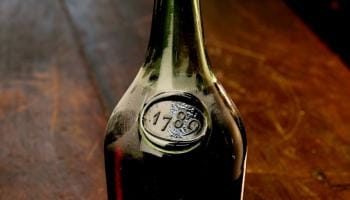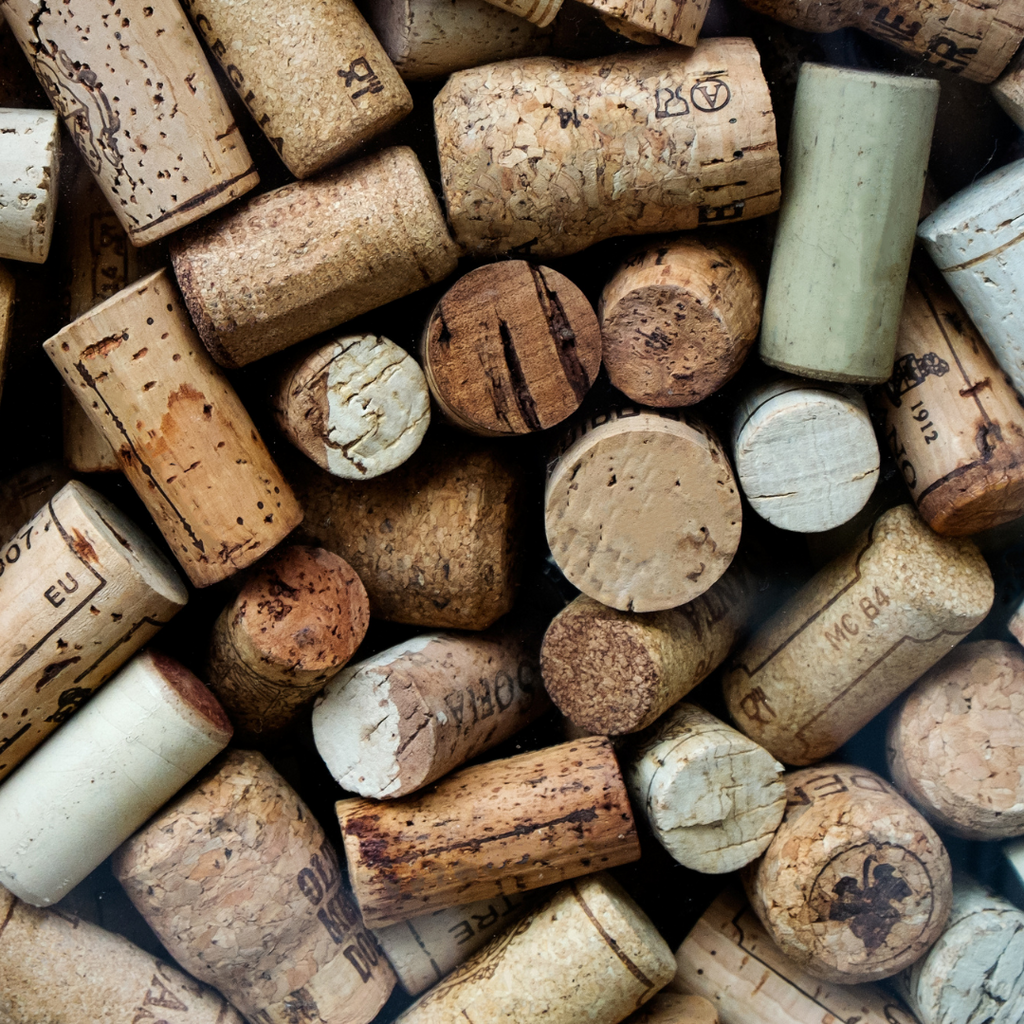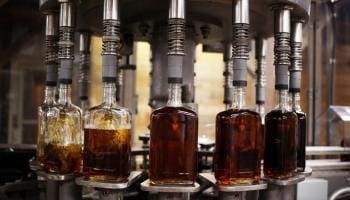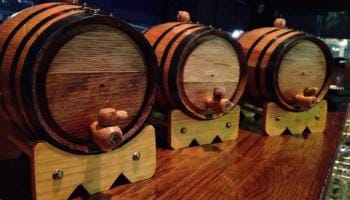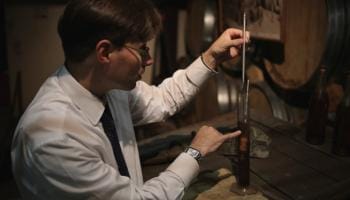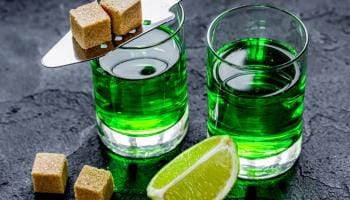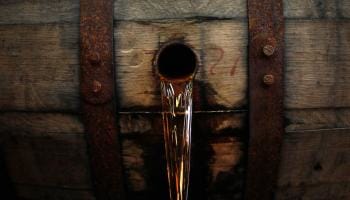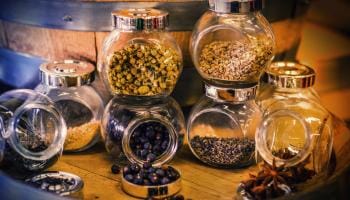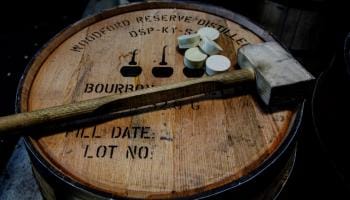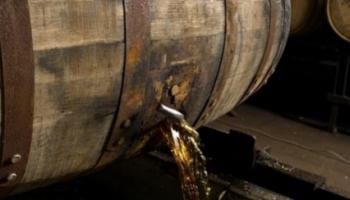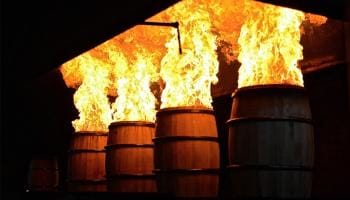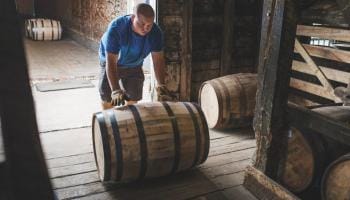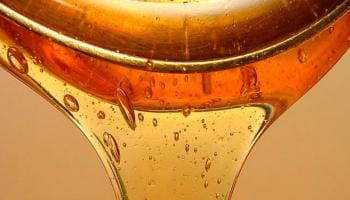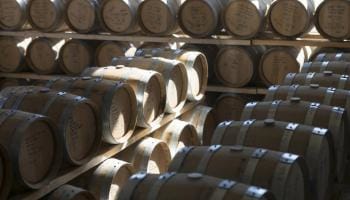Categories
Recent Articles
-
Beginner Home Distiller Series: Understanding Basic Measuring Equipment February 26, 2024
-
Mampoer Championships 2022 June 27, 2022
-
Can I use Smoking Wood Chips in Home Made Spirits? July 10, 2020

Articles Relating to Craft Spirit Enhancement by Distillique
All articles related to Spirit Enhancement - learn about everything else you can do to the Spirits after you have Distilled it. Here we cover Infusion Techniques, Barrel Aging, Bottling, Filtration, Coloring, Molecular Mixology Techniques, and much much more.
What is Spirit Enhancement?
Spirit Enhancement covers a wide range of techniques, additives, processes and applications that can be used on Distilled Spirits to Enhance and/or change its characteristics. These can either be done to improve the product within a specific Spirit Category, or alternatively, place the product in a different Spirit Category.
Is Spirit Enhancement Legal?
For a Commercial Distiller or Craft Distiller, the type of enhancement techniques they are allowed to utilize on their product is limited - mostly in terms of additives allowed. These limitation apply not only to the individual Spirit Category, but also differs from Country to Country. A technique like Barrel Aging for instance is legal in South Africa for Spirit Liqueurs, Premium Husk Spirit (Aged Grappa), Rum and Gin, and legally required (for at least 3 years) for Whisky and Brandy, but is not allowed for Vodka, Cane, Mampoer, Unspecified Spirits, Husk Spirit, Grape Spirit, etc.
Distillers therefore need to familiarize themselves with the applicable Legislation before they pursue a certain path of product development, or launch a certain type of product.
For Home Distillers or Hobby Distillers however, there is only one rule - don't poison anyone.
-
Beginner Home Distiller Series: Understanding Basic Measuring Equipment
onIn the world of home distillation, precision is key. Whether you're measuring the density of your mash or monitoring the progress of fermentation, having the right tools can make all the difference. -
Mampoer Championships 2022
onKULTUUR STOKERS GILDE MAMPOERFEES 2 JULIE 2022, MET MAMPOER-KAMPIOENSKAPPE OP DONDERDAG 30 JUNIE 2022. Inleiding: Ons nooi alle Kultuurstokers en Artikel 116 Stokers in Suid Afrika om deel te neem aan die Nasionale Mampoerkampioenskappe te Willem Prinsloo Landboumuseum, (Ditsong) Rayton Pretoria, vanaf 28 Junie tot 2 Julie 2022. Die doel van die Mampoerfees is om die kwaliteit van die drank wat deur bogenoemde gestook... -
Can I use Smoking Wood Chips in Home Made Spirits?
onRecently, with the massive increase in Home Distilling here in South Africa, a lot of people have been posting about using smoking chips and other woods on their distillate to wood it. Many people are very happy with the results, and others are not. One of those unhappy individuals mailed us this morning with a question, and we thought others... -
Is Glitter and Colorants Legal in Gin?
onPLEASE NOTE: This article is written in the context of South African Law. Clients from other countries must please review their local legislation. Many times, inspiration for an article comes from questions posed by our Clients. Over the past two days we received three inquiries that were closely related, hence this article. The most recent inquiry, received via Email this... -
The Components of a True Rum
onPLEASE NOTE: This article is aimed more at Commercial Distillers than Home Distillers. If your curiosity about spirits and the search for recipes and techniques begins and ends with adding yeast to diluted molasses and then letting it sit in a Barrel for a couple of weeks, months and years (depending on the barrel size) then you should probably stop reading right here. ... -
Varnished Barrels - Can we use them for Spirits?
onWe received a Facebook enquiry from a client two days ago, asking whether or not he could use a varnished barrel to age spirits in. Our intuitive reacrion was NO. It cannot be done. And the reasons included the chances of Contamination – ethanol actually absorbing or dissolving some of the varnish into the spirit, reduced air and alcohol movement through the wood due to the... -
Spirit Changes in the Bottle
onPLEASE NOTE: This article does not refer to Bottle Maturation as we experience with Gin, where a Gin flavor profile can change greatly within anything form a week to a couple of months. Here we are discussing the changes that occur over long periods of time, specifically in Aged Spirits like Whisky and Brandy. The official line is that spirits do not... -
A Little Known Fact - Corked Spirits
onWhile people know that corkiness exists in wine, many think it’s not possible for the same fault to occur in Spirits. Admittedly, the incidence of cork tainted spirits is lower than wine – possibly because spirits’ higher alcoholic strength and aromatic intensity make it more difficult to pick up. But it does happen and manifests itself in the same way – a smell of... -
Bottles and Bottling - What do I need to keep in mind?
onFinding the right way to bottle your product is as important as finding the right way to make your product. Many Craft Distillers make some avoidable mistakes in their initial setup, that can lead to them having to change their packaging, capping their growth potential, or spending a lot more on bottling and packaging than they should. A couple of factors need... -
Andy Watts from James Sedgwick Distillery on Whiskey Aging
onThis is an extract from an interview with Andy Watts from the James Sedgwick distillery who, again in 2018, was selected as producig the world's best grain whisky at the World best whiskies award. Leah van Deventer from Food24 interviewed Andy Watts, the Master Distiller and Blender at Bains Distillery. The full Interview is available at this link. Age vs Quality Q: How important... -
I Bought a Small Barrel - Now What?
onCongratulations. You are now a proud owner of a fine barrel, hand-made from French Oak, and most probably it has a bit of history attached to it. Most of our barrels started off their lives as Wine Barrels. Then they were used for Fortified Wines like Sherry or Port, And now they are finally ready to receive your spirits. But, like all beautiful things,... -
How do I get rid of Fusel Oils in my Spirits?
onFusel alcohols or fuselol, also sometimes called fusel oils, are mixtures of several alcohols (chiefly amyl alcohol) produced as a by-product during alcoholic fermentation. The word Fusel is from the German word that means "bad liquor". What different Types of Fusel Alcohols are there? Fusel Alcohols can be classified into two different categories 1. Hazardous Alcohols Methanol (methyl alcohol), a poisonous compound (Lethal Dosage of 5... -
How do I Dilute my Spirits?
onThis is one of the most basic steps for any distiller, be it a Home Distiller, Hobby Distiller, Craft Distiller or Commercial Distiller. Your distillate (or infused product if producing Gin) will come out at a high percentage, and you need to dilute it down to bottling or legal strength. We do this by adding water. Sounds simple right? If only … How strong... -
Chasing the Green Fairy - Absinthe Facts and Fiction
onAbsinthe (The green fairy spirits) has shown a remarkable revival the last 20 years after having been banned in most of Europe for almost a hundred years. Although there were no legal definitions for Absinthe (except for Switzerland), until its inclusion into EU Liquor Legislation, there are very good guidelines on what makes a good, and what makes an inferior absinthe. Also, not a... -
Barrel Aging and Maturation - History, Challenges and Crazy Ideas
onRecently I came across an interesting metaphor attributed to a Master Distiller: “Barrels are like naughty children. None of them behave as you’d like them to and although you love them all, there will always be a few which will be your favorites.” Is there a Relation between Marketing Buzz Words and Character? Marketers play on this with labels boasting ‘Distillers Selection’, ‘Selected Oak’,... -
Interesting Botanicals to use in Gin
onUnlike whisky which may be spelled whisky or whiskey in different parts of the world, gin is gin the world round. The name gin is derived from genièvre (French), jenever (Dutch), and ginepro (Italian), all of which mean “juniper”, and it dates as far back at the 13th century. In most cases (Jenever being one of the exceptions) the spirit is essentially flavorless before... -
The Science behind Wooden Barrels
onOf all of the species of hard wood in the world, there is a very good reason why we only use oak. As a member of the beech family, of the genus Quercus, oak has large radial grains of high density which grow straighter than the majority of other hardwoods making it perfect for tight cooperage. More importantly however are the natural chemical compounds... -
Understanding Oak Barrel Maturation
onIf there is one thing that we all go a bit crazy for, it’s oak matured spirits. Even if you are not a big spirits lover, odds are good you’ve indulged frequently on other such oaked products like Balsamic Vinegar, Worcestershire or Tabasco sauces. For those who have discovered the world of a well-aged whisky, tequila, brandy, rum or fortified wine, a lot of... -
Charring Levels in Barrels
onOnce a cooper has selected their oak type, barrel size and seasoning qualities they can then select which level of thermal degrading to apply to the inside of the cask relative to the liquid it will have in it and the desired character of that liquid. What is the difference between Toasting and Charring? The two most common types of thermal degrading are toasting... -
How Barrel Storage Affects Barrel ABV
onWater molecules are small, Alcohol molecules are much larger. Since a water molecule is very small, it is easier for it to escape through the barrel than the much larger alcohol molecule. The atmosphere at the top of a barrel storage area is very hot and dry, allowing the water molecules to escape much faster than the alcohol molecules, thus driving the ABV up... -
Making Invert Sugar at Home
onDistillers use Invert Sugar to make proper liqueurs, Old Tom Gins, for Obscuration and for Mouth Feel Enhancement. Simple Invert Sugar Recipe To make 1 kilogram of Invert Sugar, you need: Extra Fine Granulated Sugar (think Castor Sugar) 1 kg Water 480 ml Citric Acid 1 g Invert Sugar Methodology If you have an induction cook top or an electric stove use these options... -
Small Batch vs Single Barrel
onConfused between small batch and single barrel? A Practical Example Let us say you receive three barrels of Whisky, filled with distillate from the same batch. You decide to store one barrel in your basement, the second on your main floor, and the third one in your attic. Assuming you have no central heating, air conditioning or insulation, it is expected that you will...

